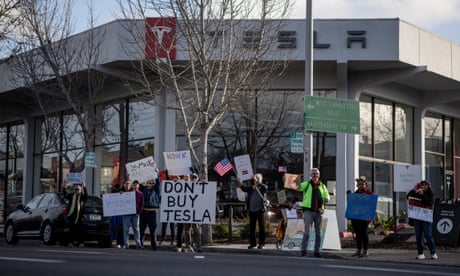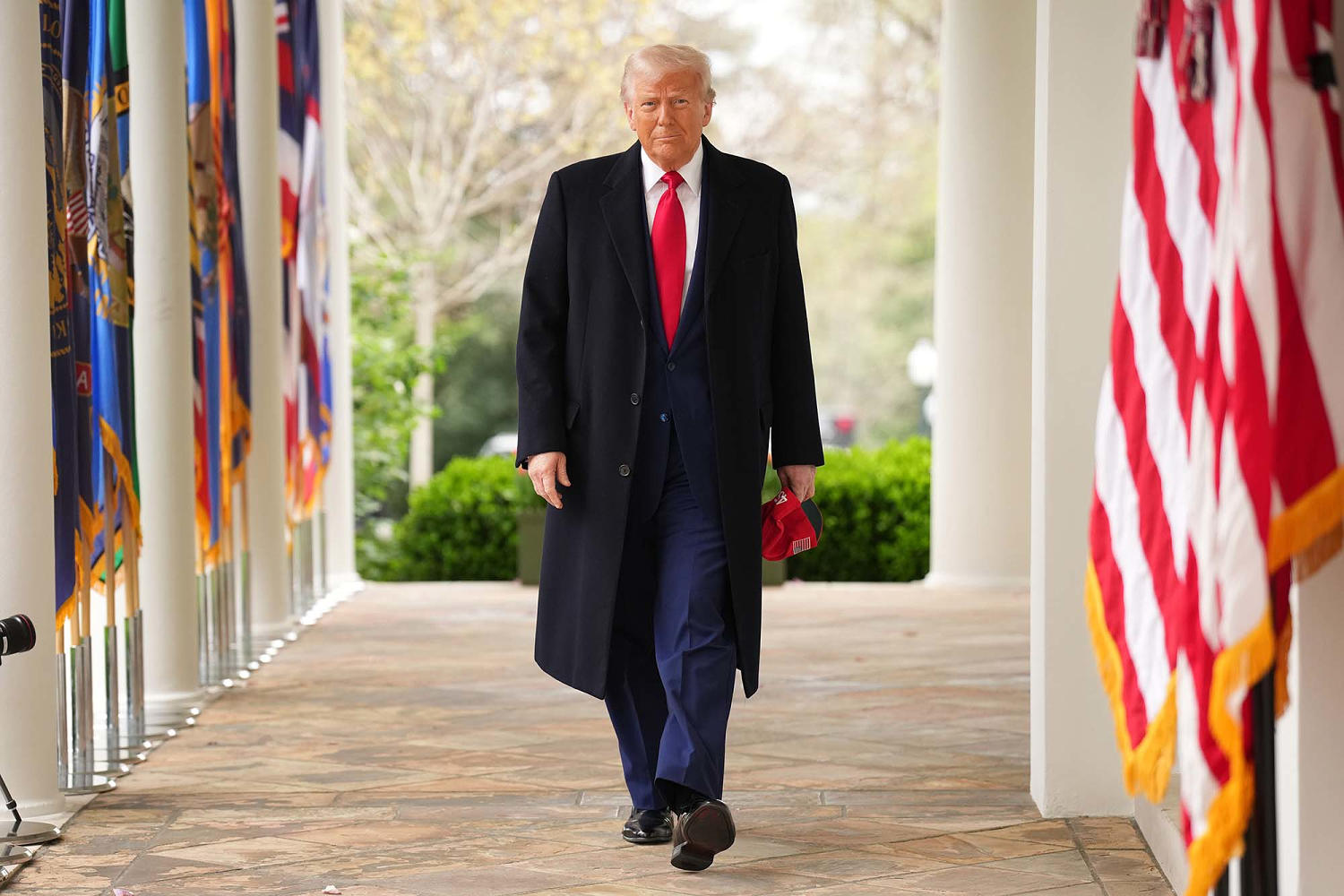In February, Tesla’s auto sales in Europe dropped sharply. According to Jato Dynamics, Tesla sold only 15,700 vehicles in Europe that month, a 44 percent decrease from last year. Consumer confidence has also declined sharply.
In a public poll conducted by German publication T-Online, over 100,000 readers participated, with more than 94 percent stating they would not consider purchasing a Tesla vehicle in the future. Only 3 percent of respondents said they would still consider buying a Tesla product.
Meanwhile, China’s largest electric vehicle manufacturer, BYD, sold more than 4,000 vehicles in Europe — a 94 percent year-on-year increase. Overall, Chinese electric vehicle brands have now overtaken Tesla in European market share.
This shift goes beyond corporate competition; it reflects a broader contest of national image and strategic influence. Tesla’s decline partly mirrors the global backlash triggered by the “America First” doctrine.
Tesla CEO Elon Musk’s close ties with the Trump administration and his frequent, often controversial, commentary on international politics — at times perceived as interference in European politics — have fueled growing skepticism among European consumers towards the brand.
For decades, American brands such as Apple, McDonald's, Nike and Gap succeeded globally. These brands sold more than goods; they also sold the American image of freedom, innovation, trust and moral responsibility fundamental to the country’s foreign relations.
But the “America First” approach is eroding this foundation. As European governments continue to seek ties with Washington, ordinary consumers are signaling discontent through their purchases. Tesla may be the first visible casualty, but more U.S. companies are likely to feel similar pressures soon.
This trend should raise serious concerns among U.S. firms about the long-term sustainability of their international profit margins.
At the same time, China is swiftly moving to fill the vacuum left by America’s retreat.
When the U.S. imposed tariffs on China and halted military and intelligence support to Ukraine, China responded with countermeasures — specifically, imposing tariffs on U.S. agricultural goods and signing a grain trade deal with Ukraine to expand imports. This not only increases geopolitical pressure on Russia but also signals goodwill to the European Union.
Soon after, the European Parliament lifted the requirements that meetings with high-level Chinese officials need prior notification, paving the way for deeper China-EU engagement.
Beijing followed by announcing that China’s second-ranked Premier Li Qiang would personally attend the China-EU summit — a move seen as both a strategic avoidance of direct affront to the U.S. and a signal of EU-China cooperation. His presence was interpreted as an effort to solidify economic partnerships and expand Chinese companies’ footprint in the European market.
These trends are not isolated incidents; they reflect a larger, systemic shift in the balance of global influence.
By 2024, China’s total goods ...













